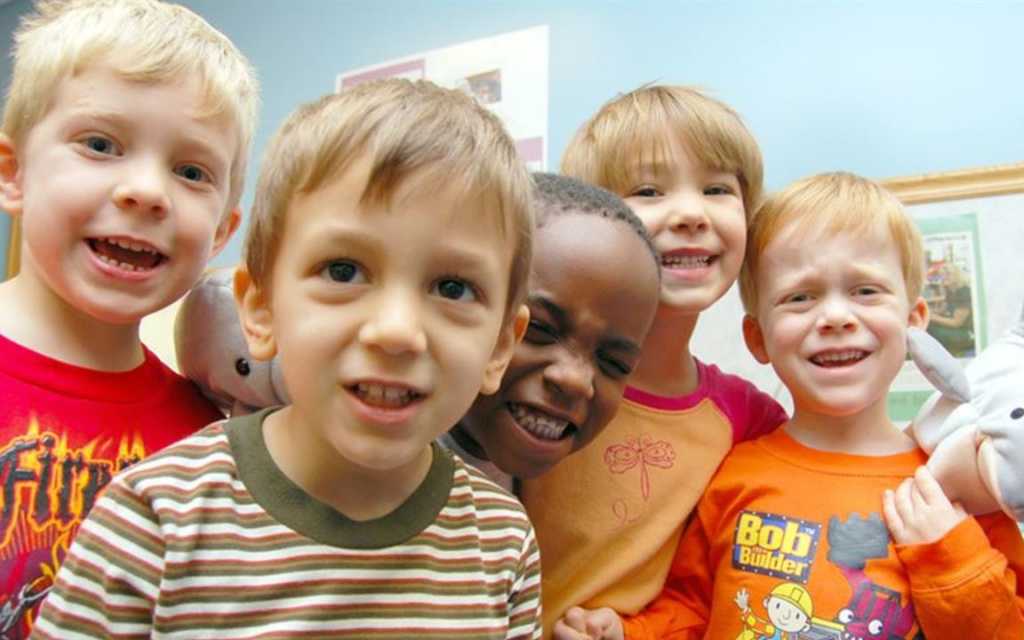In recent years, vast waves of liberal activism have led to the increased persecution of faith-based adoption agencies that oppose placing children with same-sex couples. Activists have started taking these organizations to court, and in many cases, have been winning big.
Their argument is simple: an adoption agency should not be able to place children with particular families on account of their religious beliefs. While the debate over this religious liberty issue is wide-ranging, one thing is clear: the human cost of such action is devastating.
Faith-Based Organizations Facing Punishment for Opposing Same-Sex Adoption
Steve Roach, executive director of Catholic Charities for the Diocese of Springfield in Illinois, was forced to make the difficult decision to shut down his operations as a result of sustained attacks on his organization. As a result, Roach estimates that some 3,000 children were affected and that thousands of foster parents will now no longer enroll themselves in the system.
“In 2011, the state of Illinois passed a law which effectively ended up shutting down foster care and adoption programs for Catholic Charities and a couple of other faith-based organizations in Illinois,” he told The Daily Signal. “We were definitely forced out of foster care and adoption. The law was called the Religious Freedom Protection and Civil Unions Act. The language in that law required that all agencies providing this service must place children in the homes of same-sex couples.”
Roach explained how “thousands of children and foster parents were forced to leave Catholic Charities” and seek out help from various other agencies as a result of the shutdown.
“The consequences were something that we had predicted. We were one of the most effective organizations in the state of Illinois in recruiting quality foster parents,” he added. “And now, one only has to look at the headlines and see that there is a shortage of quality foster homes, not only in Illinois but across the country.”
At a time when families are desperately needed to step up and care for vulnerable children, “you have quality organizations with a long-standing history of being able to find them being forced to the sidelines,” said Roach.
Deeply affected by his experience of being at the helm of a charity which was under such a heinous amount of pressure from activists, Roach now advocates for the “Child Welfare Provider Inclusion Act,” a piece of federal legislation which seeks to prohibit discrimination “against a child welfare service provider that declines to provide, facilitate, or refer for a child welfare service that conflicts with the provider’s sincerely held religious beliefs or moral convictions.” The bill is sponsored by Wyoming Senator Mike Enzi.
Many LGBT groups have actively spoken out against the Inclusion Act, arguing that the bill would undermine the government’s crucial ability to ensure child welfare organizations make fair decisions that are based on the best interest of children. Roach, however, says that no such threat exists:
“The [proposed] Child Welfare Provider Inclusion Act does not prevent anyone from becoming a foster or adoptive parent. In Illinois, we know all same-sex couples can be served because without Catholic Charities, they all are being served.”
“So with Catholic Charities in the picture, it wouldn’t change that,” he said. “This [proposed] law does not prevent anyone from the opportunity to become a foster and adoptive parent.”
Roach argued that the debate comes down to a fundamental difference in perspective.
“Our side believes this was a religious liberty argument, and we will always believe that,” he said. “The other side believes that this was a civil rights argument.”
“Instead of resolving the conflict by putting the kids first and coming up with a solution that would help those kids, all we did was shout at each other, and that’s all they’re doing right now. You discriminate, or you’re anti-gay, or you’re anti-God, and all we do is we argue and fight,” he added.
But Roach believes that there is still hope. The Child Welfare Provider Inclusion Act, he said, can offer a solution. The act, he explained, “takes away the argument and says we’re gonna focus on kids.”
“So if everyone can be served who wants to be a foster parent or adoptive parent, and religious organizations can practice this service according to their faith, then everyone wins because the kids then will have the maximum opportunity to find a quality forever home,” he said. “And that’s what we need to be focused on.”
(H/T: The Daily Signal)



